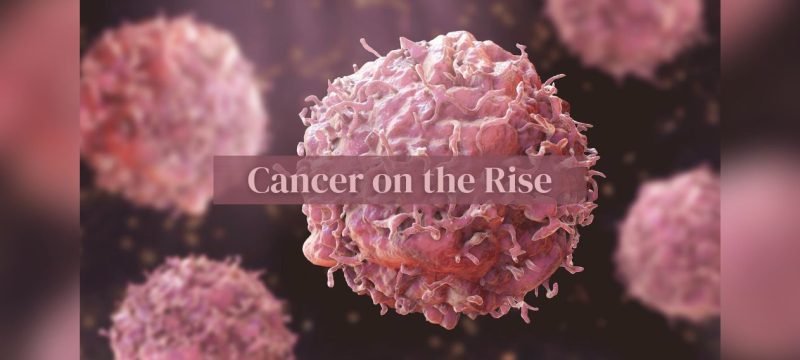A troubling trend is emerging: Cancer rates are climbing among younger adults, according to recent medical reports. The pattern has attracted global attention due to its urgency and implications.
Researchers note that various types of cancer—especially colorectal—are becoming more common in people under 50. This shift runs contrary to long-held assumptions that cancer is mostly a disease of older age.
Many experts are exploring possible causes. Poor diet, high sugar intake, obesity, and sedentary lifestyles may be contributing. Environmental pollutants and changes in gut bacteria are also under investigation.
Doctors emphasize that early detection is more important now than ever. Routine screenings for high-risk individuals can catch cancer in earlier, more treatable stages. Symptoms like unexplained bleeding, persistent pain, or weight loss should not be ignored.
One oncologist observed: “We’re seeing cases in patients in their 20s and 30s—something we rarely saw before.” Medical systems are adapting by lowering screening age limits and targeting younger populations with awareness campaigns.
Advocates call for public health policies that address youth risk factors. They recommend promoting better diets, regular exercise, and reducing exposure to toxins. Education about cancer risks must reach schools and workplaces alike.
Health agencies face challenges in supporting younger patients. Younger cancer patients often deal with fertility issues, career disruptions, and mental health strain. Treatment centers are creating programs tailored to their needs.
Pharmaceutical companies and researchers are also responding. Clinical trials now include younger participants, seeking therapies effective across age groups. Scientists are exploring genetic markers that may explain early-onset cancer.
The rise of cancer in younger individuals is reshaping how the world views and fights this disease. With sustained research, prevention, and early detection, health systems hope to reverse this trend and protect future generations.
In other news also read about Single Workout Can Reduce Cancer Cell Growth by Up to 30%, Study Finds









